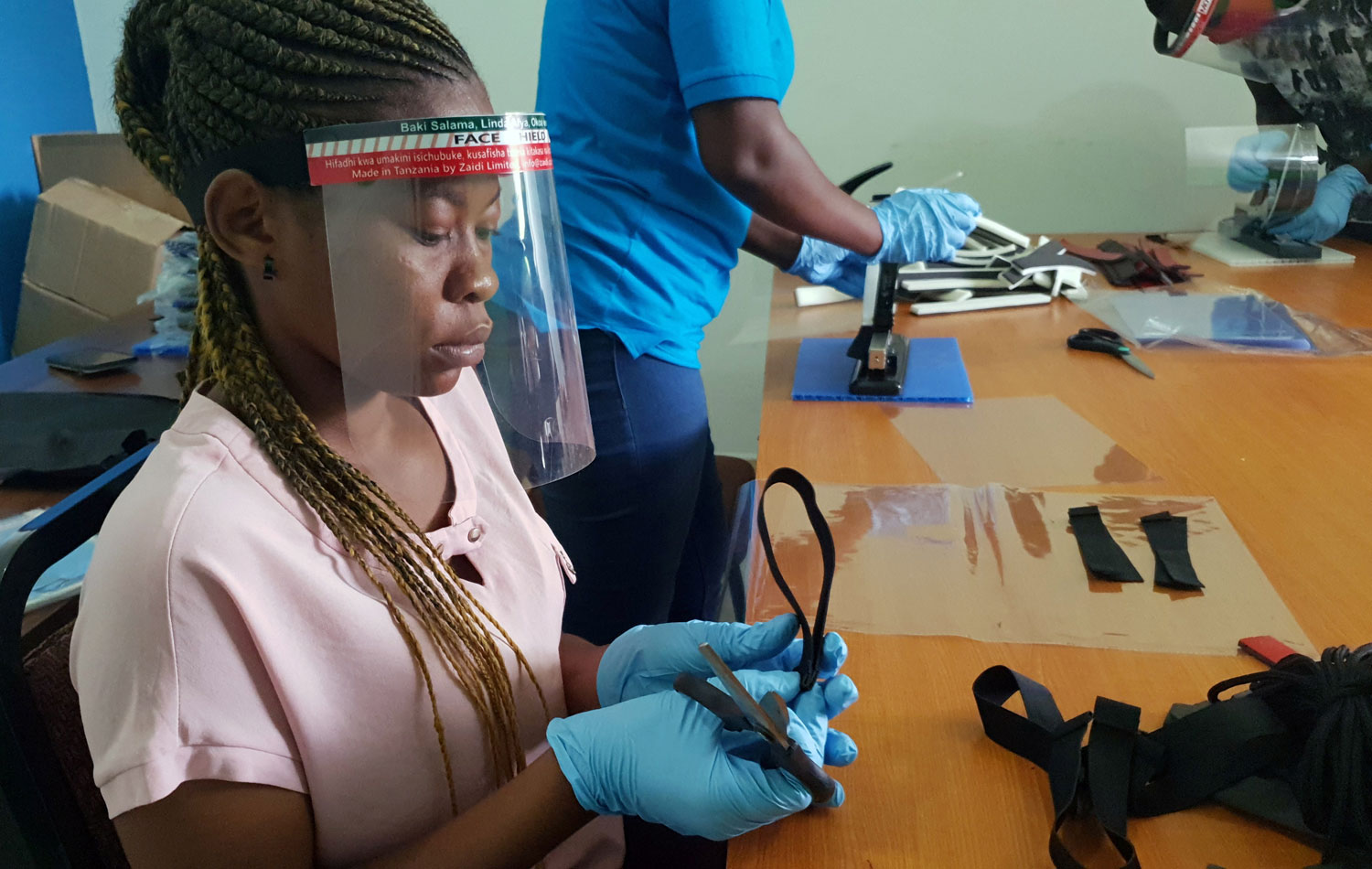
In Africa, a lack of data raises fears of ‘silent epidemic’
Africa could face a “silent epidemic” if its leaders do not prioritize testing for the new coronavirus, the World Health Organization (WHO) has said. Just over 420 tests per 100,000 people have been carried out across the continent of 1.3 billion, a Reuters analysis found.
As global cases of the new coronavirus climb past the 11 million mark, Africa still accounts for a small fraction of infections, with over 493,000 confirmed cases and 11,600 deaths to date. However, the official figures almost certainly do not tell the whole story. Testing across a swathe of African countries is patchy at best and sometimes non-existent.
By July 7, 4,200 tests per million people had been carried out across the continent, according to a Reuters analysis of figures from the Africa Centres for Disease Control and Prevention (Africa CDC), a body set up by the African Union in 2017. That compares with averages of 7,650 in Asia and 74,255 in Europe.
Shortages of materials, personnel and funding have led many African nations to limit testing. In West Africa, some countries have the laboratory capacity to process 300 tests per day but only have the personnel to handle 100-200 tests, the Tony Blair Institute for Global Change, a think tank set up by the former British prime minister, told Reuters.
Nigeria, Africa’s most populous nation, has the laboratory capacity to carry out 10,000 tests per day, but insufficient technicians and logistical problems like poor roads make it hard to carry out more than 2,500, the institute said.
Olujimi Oyetomi, a Nigerian health ministry spokesman, said the institute’s analysis was out of date and that more testing machines and materials were being deployed. In the week ending July 5, Nigeria ran an average 2,950 tests per day, according to the Nigeria Centre for Disease Control.
It took three months before Democratic Republic of Congo was able to process tests outside the capital Kinshasa, said Steve Ahuka, a member of the country’s COVID-19 response committee, citing a lack of laboratories, equipment and personnel.
Even now, shortages of testing materials and transport challenges mean it can take two weeks to get results in some areas, two doctors told Reuters.
Of the continent’s 54 countries, only a handful, including South Africa, Morocco, Djibouti and Ghana, have been able to test widely. “The spread of the virus seems to be outpacing testing,” said Tim Bromfield, the institute’s regional director for East and Southern Africa. “So far, there have been low numbers of severe cases. But the risk is that if the number of severe cases increases… African healthcare systems become overwhelmed”.
More testing means more confirmed cases, but the Reuters analysis found that in at least 30 countries the number of positive results is increasing faster than the number of tests carried out. That suggests the virus is spreading faster than it is being tracked, Bromfield said.
Sharing information is vital to tackling the pandemic in Africa – both for planning the response and mobilising donor funding. But some governments are reluctant to acknowledge growing epidemics or to expose their crumbling health systems to outside scrutiny. Other nations simply cannot carry out significant testing because they are so ravaged by poverty and conflict.
“Even at the best of times, collecting quality data from countries is not easy because people are stretched thin,” said John Nkengasong, director of the Africa CDC. “Combine that with an emergency, and it becomes very, very difficult.”
(With input from Reuters)






